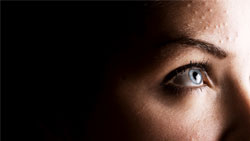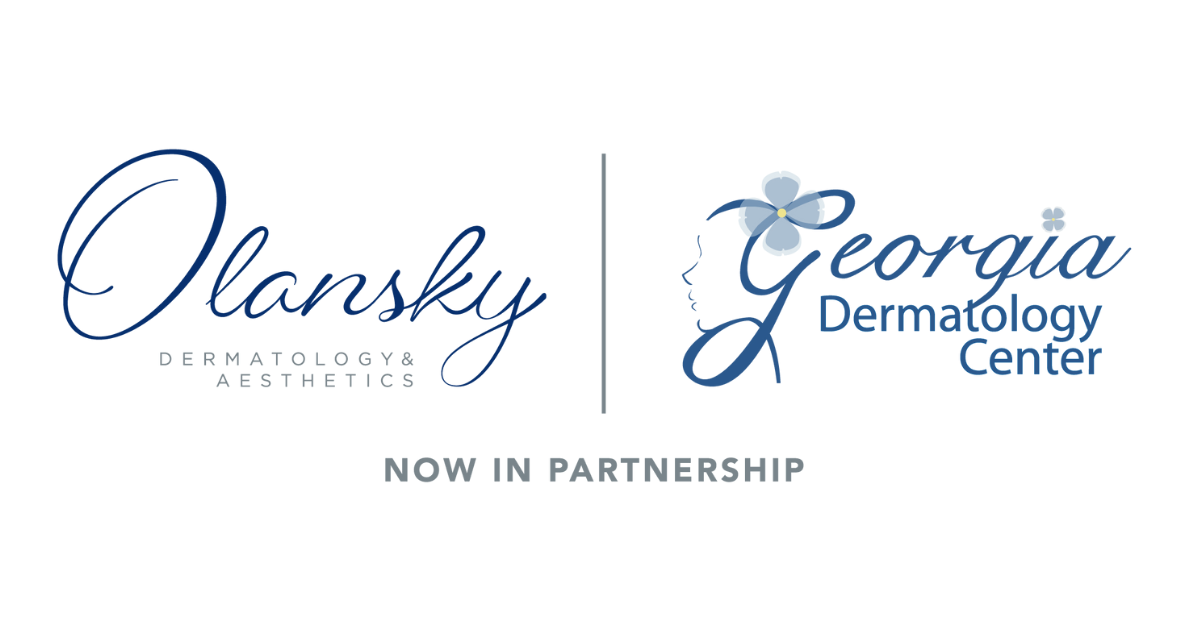Be Done with Adult Acne!
 You’re no longer sixteen anymore, but the pores on your face seem to think otherwise. If you suffer from more than the occasional breakout, (and it’s been at least a decade since attending your high school prom) chances are you’re frustrated and wondering why you are still dealing with acne as an adult. Why not determine what is causing your acne, so you can prevent future breakouts?
You’re no longer sixteen anymore, but the pores on your face seem to think otherwise. If you suffer from more than the occasional breakout, (and it’s been at least a decade since attending your high school prom) chances are you’re frustrated and wondering why you are still dealing with acne as an adult. Why not determine what is causing your acne, so you can prevent future breakouts?
Acne is influenced by several factors, many of which are out of your control. The one thing you can control is how you treat your face. Knowledge is power, which means that when your done reading this, you should feel more empowered in your fight to minimize or potentially eliminate occasional acne outbreaks on your face, back, shoulders, neck, chest, limbs, or elsewhere merely by changing a few small behaviors.
1. Lower Your Stress Levels
Your body produces hormones, like cortisol, when you’re stressed. These stress hormones not only can impede weight loss, they also stimulate an overproduction of oil from the sebaceous glands in the skin. Acne then develops when the excess oil mixes with skin cells and bacteria. If you regularly suffer from stress, try to take short breaks throughout the day, exercise regularly, and get more sleep.
2. Adopt a Hands-Off Policy
Have you ever tried to eliminate a zit using your fingers, only to wake up with three more new zits who decided to join the pimple party? Or at work, do you often rest your chin or cheeks in your hands or rub your nose and forehead? Touching your face only encourages the growth of bacteria and causes infection to the areas most inflamed by adult acne. The solution to this is simple: HANDS OFF! As hard as it may be to not tamper with the problem, picking or squeezing can drive acne bacteria deeper into the skin, leading to more inflammation and possibly to permanent scarring. So try to resist the temptation to touch. If you can’t resist, clean your hands thoroughly before touching your face, and disinfect the area.
3. Check Your Hair and Skin Products
Your daily efforts to look better could actually be making your skin look worse. Hair conditioners, gels, pomades, shaving products, cosmetics, moisturizers, sunscreens, and other products that contain oil can clog your pores and cause a breakout. Try switching to noncomedogenic hair and skin products. The labels should indicate whether or not they are. In addition to switching to noncomedogenic products, consider minimizing how many products you use. Too many chemicals can irritate the natural balance of your skin. Reducing the number of products you use can further reduce outbreaks. Keep in mind that even if you use noncomedogenic makeup, you should never wear it while working out, as it can still clog pores when mixed with heavy sweat. Try going natural during intense sweating sessions.
4. Don’t Let Sweat Stick Around
Be sure to shower as soon as you can after your workout. For example, when you run, your sweat and skin oils mix, trapping substances in your pores. If a quick rinse isn’t possible, dry off with a towel and put on dry clothes immediately. Sitting around in sweaty, tight, synthetic workout clothes can lead to acne on your chest, back, and other parts of the body.
5. Start with Simplicity
When it comes to skin care, simplicity is often the best solution. Most mild breakouts can be controlled with proper skin and body care. If, after a few months of proper skincare, you still don’t see changes, your dermatologist could determine another culprit. For example:
- Medication side effects
- Genetics
- Allergic reactions to foods or cosmetics
- Hormonal changes (e.g., menstrual cycle, pregnancy, or starting or stopping birth control pills)
6. Avoid Overwashing and Harsh Scrubs
Acne is not caused by dirt. Naturally, washing too often and too aggressively won’t do anything to eliminate the acne situation. In fact, it may make the situation worse by prompting excess oil production and more blemishes. Be cautious when it comes to cleansing products that claim to be formulated for acne prone skin, as these can leave healthy skin dry and irritated. Gently wash your face and pat it dry with a towel. Follow your dermatologist’s recommendations on what products to use and when.
Too often we wait too long to see a doctor for our skin problems. Some over-the-counter treatments with salicylic acid to unclog pores and benzoyl peroxide to reduce bacteria on skin could be effective. If your acne seems more serious, the experts Georgia Dermatology specialize in products that clear up your skin.
Retinoids, antibiotics, azelaic acid and birth control pills are all options usually covered by insurance. You might consider laser treatments. Severe cases are best cleared up by Accutane, which is a 5-month course that is considered the most effective treatment available. However Accutane is controversial and can lead to a host of side effects including birth defects if taken during pregnancy.












